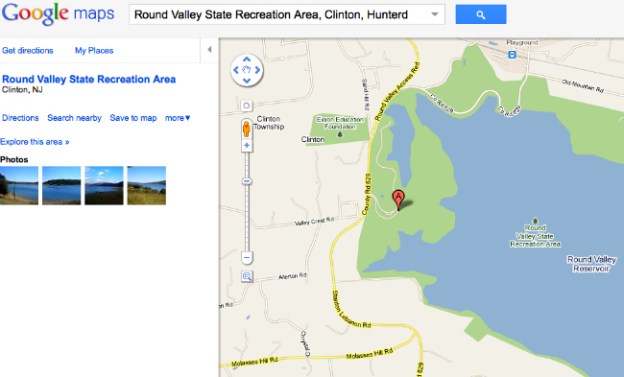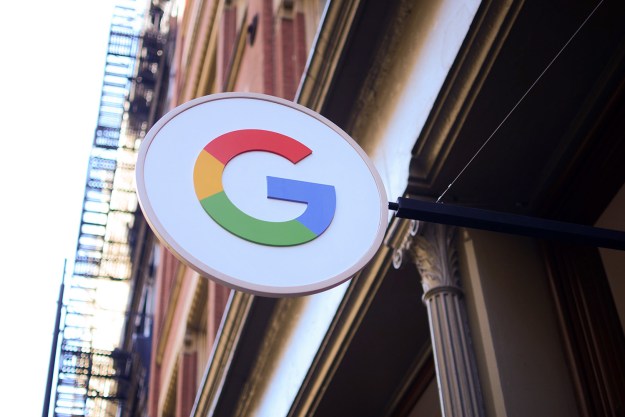 Google Maps is without doubt a great application for helping you to get from A to B, though according to a report by New Jersey’s Star-Ledger, the popular mapping tool has been sending dozens of users to C instead.
Google Maps is without doubt a great application for helping you to get from A to B, though according to a report by New Jersey’s Star-Ledger, the popular mapping tool has been sending dozens of users to C instead.
The C in question happens to be a driveway belonging to Laurie Gneiding. Gneiding and her husband live beside Round Valley State Park in New Jersey, which, by all accounts, sounds like an idyllic spot. “We’re surrounded on three sides by woods with the state park as our ‘backyard,’” Gneiding told the Star-Ledger.
Over the last three years, however, the sounds of nature have been interrupted more and more by the sounds of automobile engines as numerous drivers make their way up Gneiding’s quarter-mile driveway thinking it’s the entrance to the park.
“It started with one or two people but last year dozens of people were coming up,” Gneiding said.
Most of these people were polite and apologetic but there have been those whose language has turned bluer than the water in the Round Valley Reservoir, which makes up much of the park. Understandably, it was these more irate visitors that unsettled Gneiding most of all.
“My biggest fear is coming home someday and having ‘visitors’ in my backyard pool or something happening to my dogs when they’re in their outside pen,” Gneiding said.
At first, she had no idea it was Google Maps which was pointing people in the wrong direction. In a bid to prevent unwanted visitors, she put up a series of “No Trespassing” signs along her driveway, but incredibly, many drivers ignored them and ploughed on regardless. Even an eight-foot-long orange traffic barricade failed to prevent many drivers from questioning the accuracy of Google’s directions.
After being told by a lost visitor from New York that Google Maps had sent him up her driveway instead of to the park, Gneiding contacted the Mountain View company using the “Report a problem” facility on the Maps page. That was on May 21.
Google responded on June 3 acknowledging the error and told Gneiding she would be contacted again once the issue was resolved. Despite sending several more emails, she’s heard nothing since – except the roar of more engines as they make their way up her driveway.
The Star-Ledger contacted Google to try to find out if Gneiding would be getting some peace and quiet anytime soon. Google spokesperson Deanna Yick said: “It often depends on the type of change and how extensive it might be.”
Yick went on to apologize for the error, adding, “We recognize that there may be occasional inaccuracies and appreciate the feedback we get about how to improve our tools.”
Meanwhile Laurie Gneiding and her husband must be desperately hoping it will all be sorted out before the summer rush begins.
Editors' Recommendations
- 5 web browsers you should use instead of Google Chrome or Edge
- How to drop a pin in Google Maps
- Google Fiber is bringing high-speed internet to five new states
- A car and a computer help shopper complete wacky parking project
- See how Google Maps is using color to add even more detail


